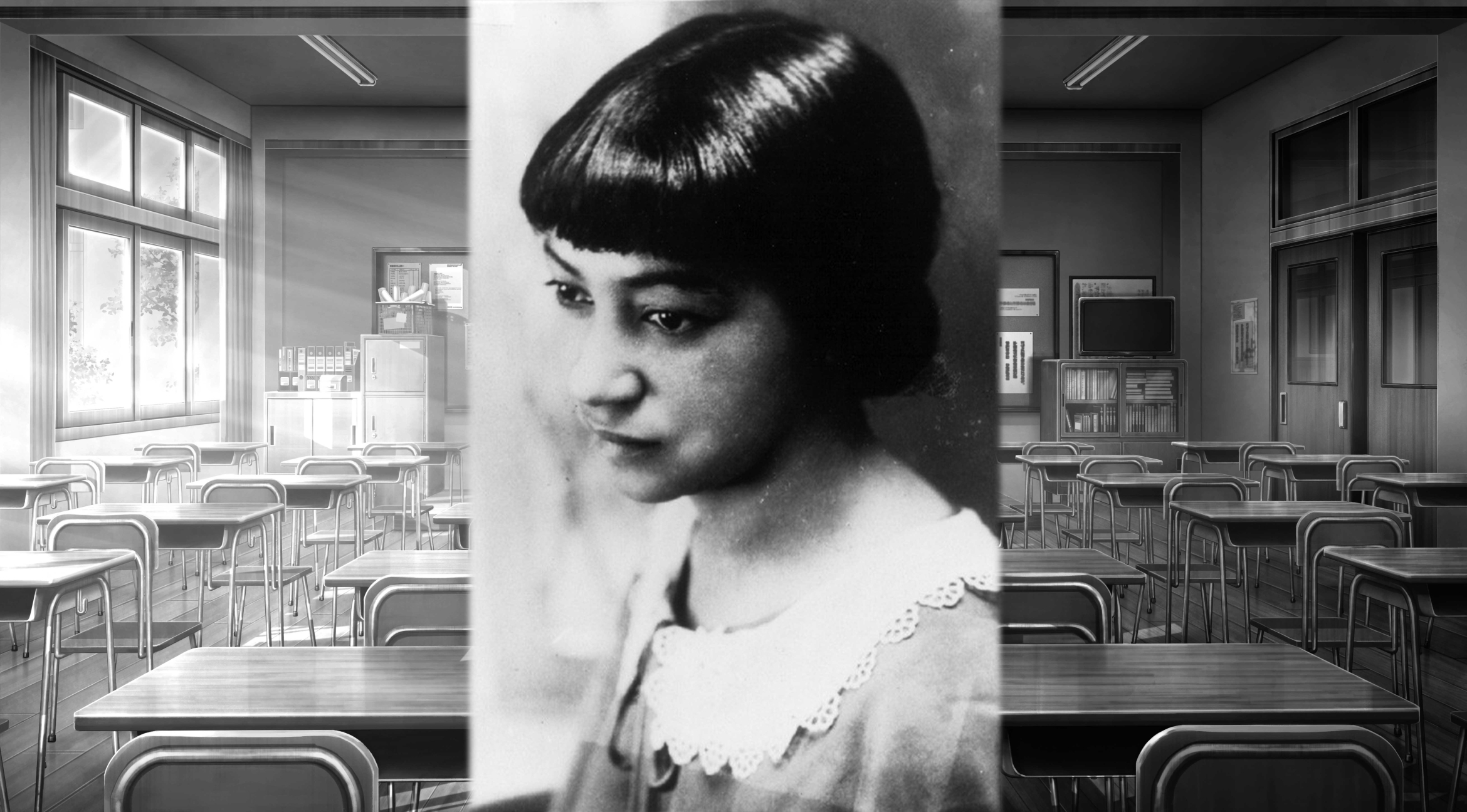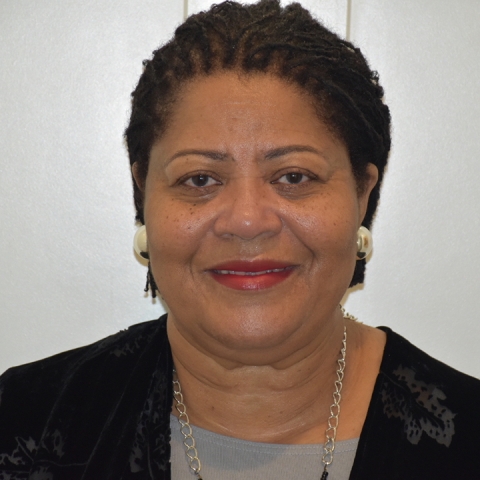
Groundbreaking work of four prominent Black psychologists featured for the first time in American Psychologist
Despite the prevalence of anti-Black racism in American schools, popular texts in educational psychology have historically excluded the work of Black psychologists. This doesn’t sit well with Sharon Tettegah, a professor of educational psychology at UC Santa Barbara, whose recent publication in American Psychologist addresses the need to right the historical record.
“When Black scholars — and their lived experiences and cultural epistemologies — are not represented in the canon of popular texts, educational psychologists are taught to think of educational psychology from a White perspective, where Whiteness becomes both the norm and the ideal,” Tettegah said.
Using an Afrocentric and critical race theoretical framework, lead author Tettegah and co-authors Alison Cerezo, Terrance Wooten and DeLeon Gray review the works of four prominent Black psychologists: Inez B. Prosser (1897–1934), A. Wade Boykin (b. 1947), Barbara J. Robinson Shade (b. 1933), and Asa Hilliard III–Baffour Amankwatia II (1933–2007).
Each scholar has played an important role in American schools and yet has been largely ignored in the field of educational psychology and research that focuses on psychology in schools. Their combined impact ranges from pursuing innovative research topics and methodologies to providing expert testimony in landmark civil rights legislation; and leading higher education initiatives with generation-wide impacts on Black learners and communities. Their research and recommendations advances the field toward a position of eradicating anti-Black racism and toward uplifting and centering the voices of Black learners.
The authors noted that similar to other fields of psychology, educational psychology has historically been dominated by white scholars. Foundational readings in educational psychology, focused on teaching and learning, have been widely based on racially and culturally biased ideologies. Moreover, they lack Black perspectives.
“It's about Black psychologists who contributed in a positive way to the cognition and learning of African Americans,” Tettegah said. “They were studying the learning environments of Black learners and they are not talked about.”
“Righting the Historical Record: Highlighting the Significant Contributions of Black Psychologists in American Schools,” was included in a special issue of American Psychologist, highlighting the significant contributions of Black scholars in psychology and related fields. Among the questions that the authors asked was, “How are students specifically being centered to feel like they, as Black people, matter?” The psychologists they reviewed focused on improving Black American students’ psychosocial well-being within and outside of schools.
Commonly regarded as the first Black woman psychologist in the United States, Prosser focused on desegregation and its impact on personality and socioemotional outcomes of Black youth. Boykin studied triple quandary theory and connectiveness to Black students’ academic achievement. Shade helped lay the foundation for culturally relevant education for Black students and Hilliard III–Baffour Amankwatia II devoted his career to advocating for structural changes in U.S. schools.
The article was also an opportunity for Tettegah to mentor younger researchers, particularly co-authors Cerezo and Wooten. After Tettegah located Shade, one of only two of the scholars who is still living, she interviewed her with Wooten.
Tettegah said it was surprising talking to Shade, who gave them insight into politics and learning in the Midwest during segregation. While Shade never received tenure at the University of Wisconsin where she taught for many years, she was instrumental in bringing more Black teachers to the campus.
“It's important to have someone who has a positive approach and doesn’t try and force you to be someone you’re not,” Tettegah said.
Debra Herrick
Associate Editorial Director
(805) 893-5446
debraherrick@ucsb.edu




